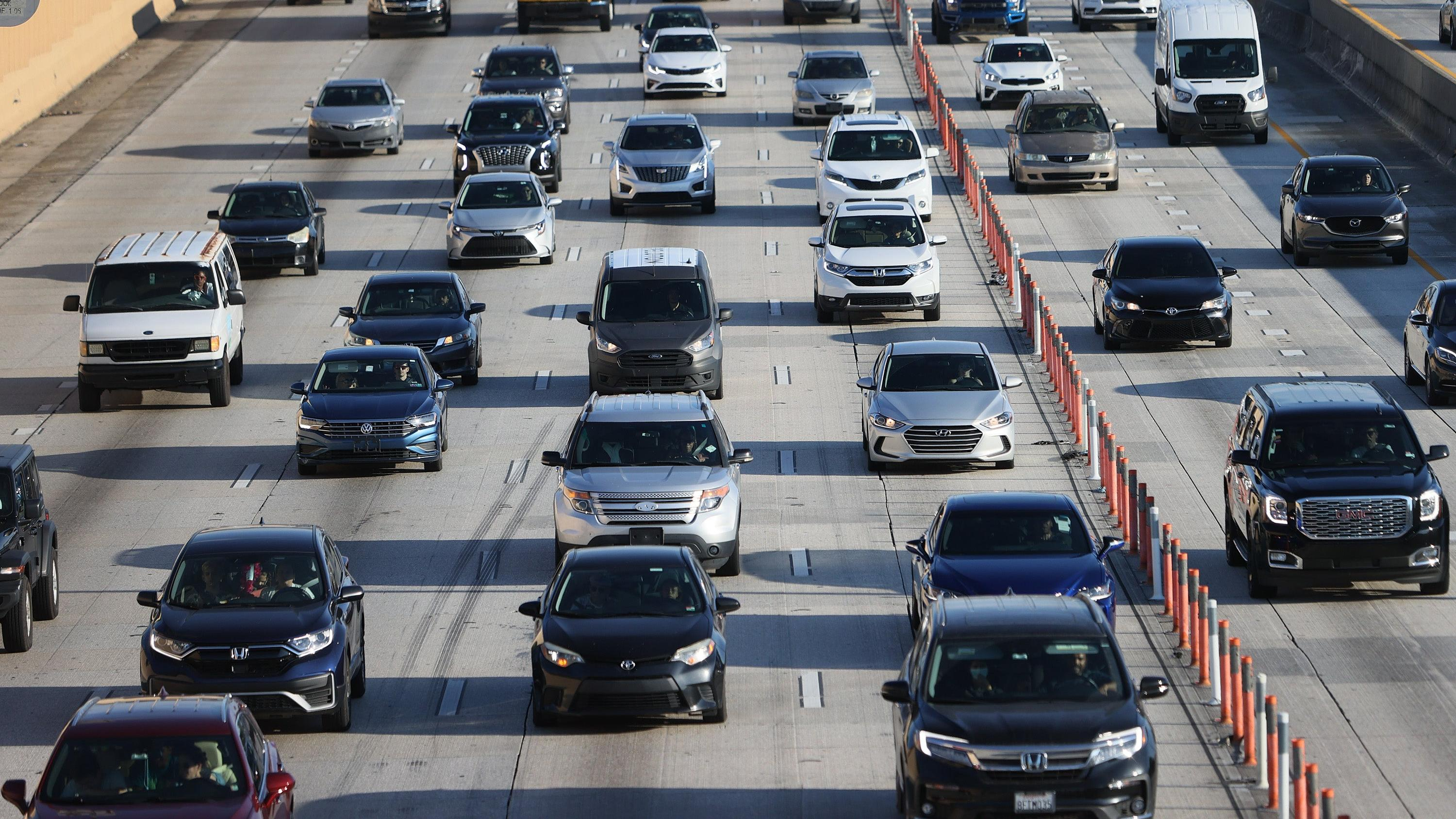This Day In History: Congress Approves The Federal Highway Act
It remains President Eisenhower's greatest domestic achievement.
President Dwight D. Eisenhower had firsthand experience with how tough it could be to cross the United States when he took part in the Army's first-ever transcontinental motor convoy back in 1919. During the second World War, he realized how effective the German transport network was due to the well-maintained autobahn. So, on June 26, 1956, Congress approved the Federal Highway Act, which Eisenhower had used his presidency to campaign for.
(Welcome to Today in History, the series where we dive into important historical events that have had a significant impact on the automotive or racing world. If you have something you'd like to see that falls on an upcoming weekend, let me know at eblackstock [at] jalopnik [dot] com.)
This act allocated more than $30 billion for the construction of 41,000 miles of public interstate highways, which was the first and only project of that scale to be coordinated by the United States. In his State of the Union address that year, Eisenhower called for a "modern, interstate highwau system." Later, Rep. George H. Fallon revised a transit bill he'd introduced with the intention of creating a domestic defense system via these roadways.
Basically, this new proposal said that tens of thousands of miles of interstate and defense highways would be built over the period of 13 years. The federal government would do the bulk of payment, contributing 90 percent or $24.8 billion to the overall costs of the project. And it would do so by raising the gas tax and imposing highway user taxes.
The bill waas passed by the Senate with a vote of 89 to one. The only senator, Russell Long, voted no because he opposed the increase of taxes. Eisenhower signed the bill into law three days later, and construction began almost immediately.
It's hard to imagine an America that doesn't include interstate highway systems. The new highways helped facilitate travel, yes, but it fueled the fast food, tourism, amusement park, and domestic trucking industries. It did diminish the power of small businesses and the acreage of farmland—but it still goes down as Eisenhower's greatest domestic achievement, and I think anyone who has ever had the pleasure of driving one of these highways can understand why.
